Research
#CCG research is done in Partnership between its constituent universities and externally at national and international levels.
CCG research is characterized by content excellence, coordination, co-creation, distributed ownership, effective ideas harvesting, accelerated uptake, and knowledge management. A key theme of our research activities is that they are demand-led and high impact.
Further, we publish pre-prints of our data, methods, and insight papers, each with an associated discussion blog to encourage open feedback.
A set of thematic research strategies guide our work as represented by our research workstreams below. We actively engage with open calls to participate in that research.
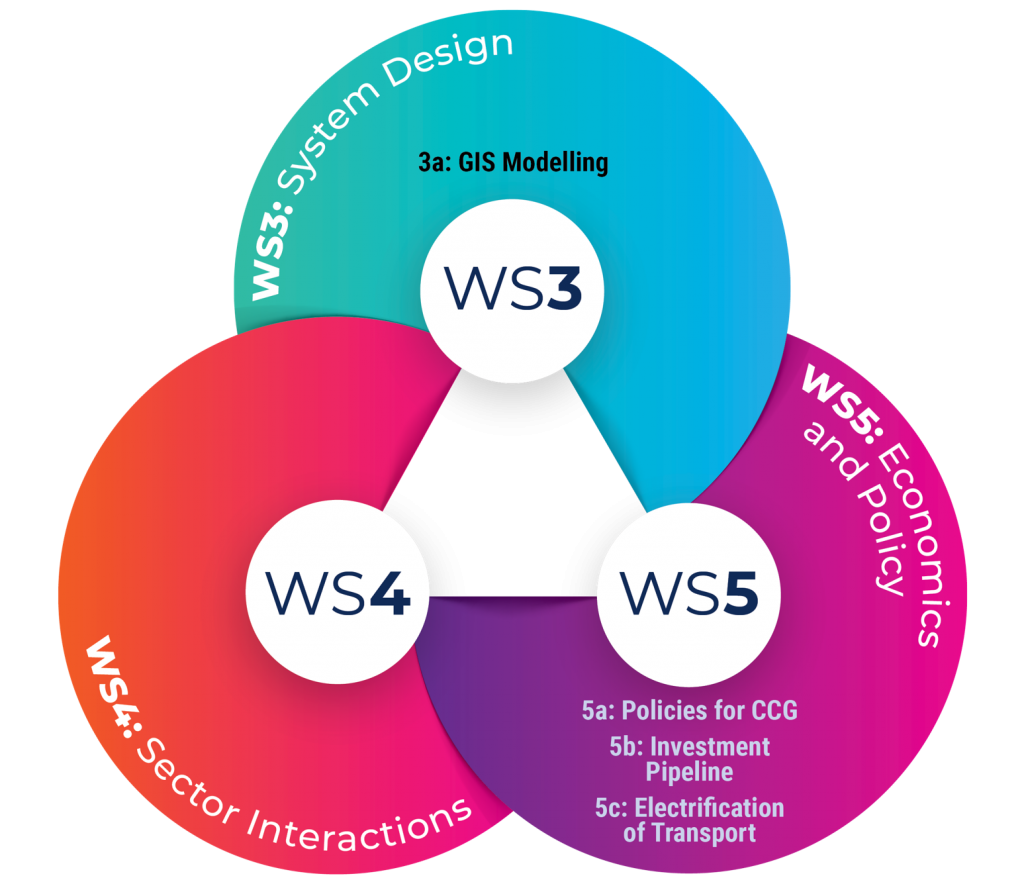
Finally, our outputs are published as open-source by default.
This is part of our commitment to U4RIA, namely that our work belongs to the global community or Ubuntu, and is retrievable, repeatable, reconstructable, interoperable, and auditable.
Partnerships
The CCG mission is to work with developing countries to transition to low-carbon energy and transport systems whilst unlocking investment opportunities in green infrastructure and creating new markets to deliver the Sustainable Development Goals (SDGs). To fulfil its ambition, CCG will need to learn how to best influence policy actions through Partnerships.
Forming appropriate partnerships at the national and international levels is essential to deliver solutions to real needs. The right kind of partnerships will enable high quality, actionable, and impactful research at the country level. CCG partnerships will consider international and national policy landscapes, social and economic trends, knowledge systems, and institutional structures and processes.
The partnership’s activities will conduct systematic assessments of partner countries to analyse contextual conditions involved in consultations, as well as establishing synergies between different stakeholders through the implementation of roundtables, policy dialogues, and design studio workshops.
The nature of partnerships will depend on the requirements of the users of knowledge and could include:
- In-country institutions for co-production of knowledge;
- Knowledge collaborators at various levels;
- Funders and co-funders of knowledge products;
- Symbiotic relationships around concrete activities.
Below are some of the outputs that have already stemmed from our research and partnerships.

Green Grids Initiative
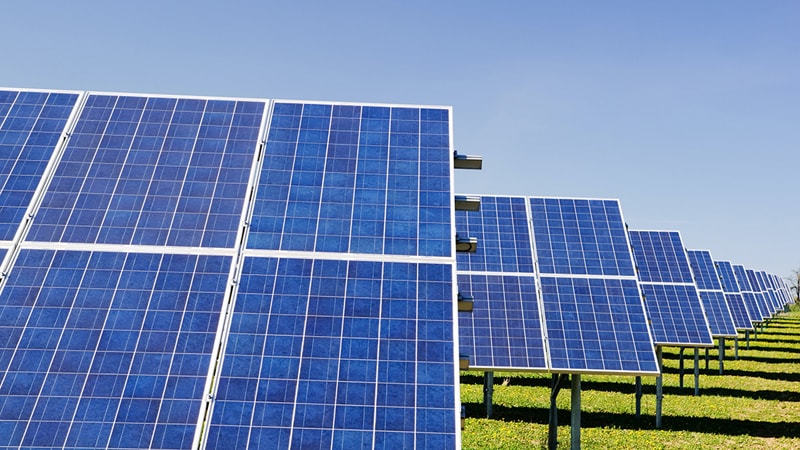
COP26 Policy Briefs
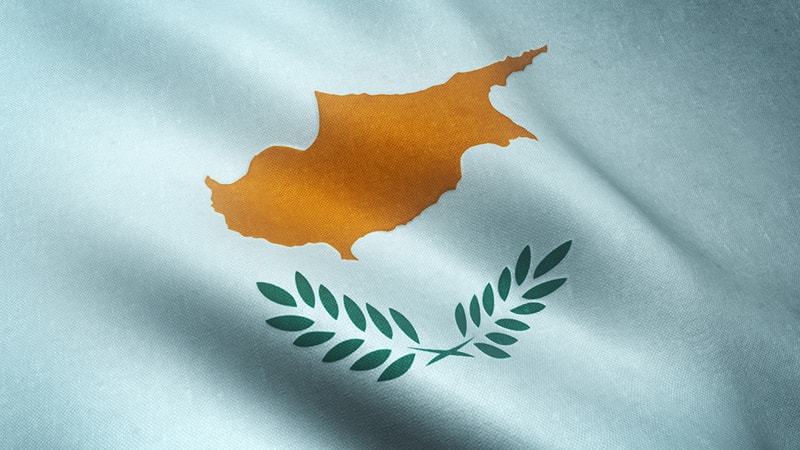
Fast start COVID recovery planning, a national example
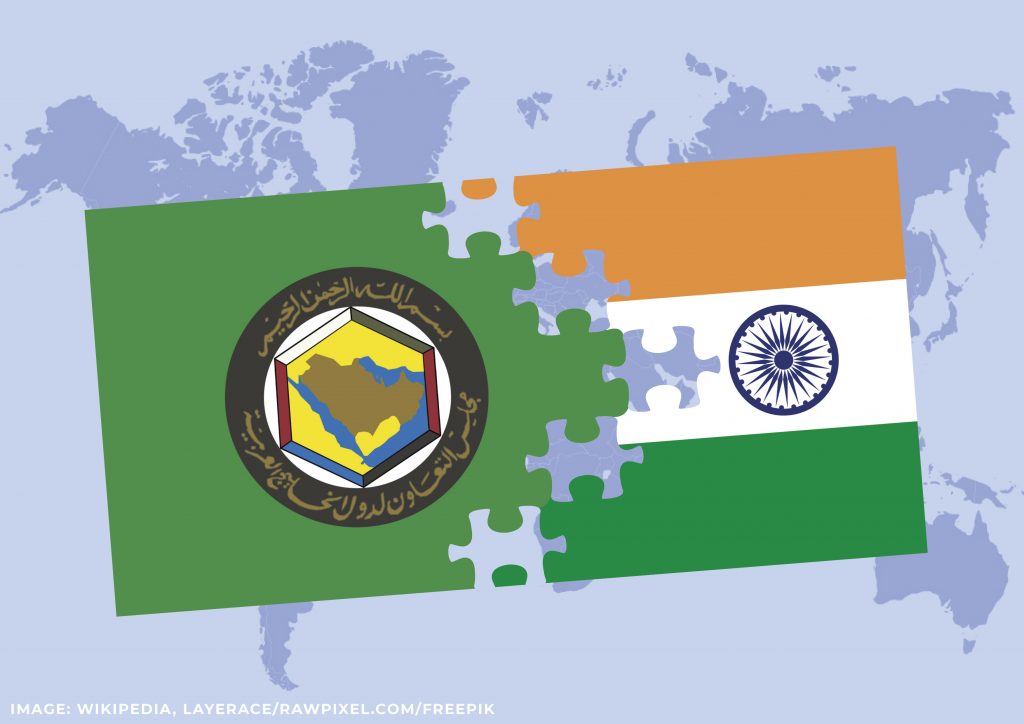
Gulf Undersea India transmission system
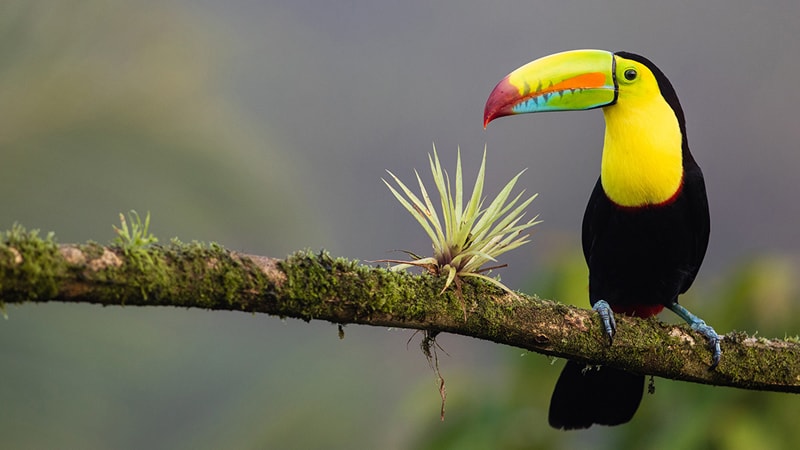
From data-to-dollars, an investment-ready policy pipeline

An open-source model of global power grids: OSeMOSYS Global

Starter model kits for energy systems analysis
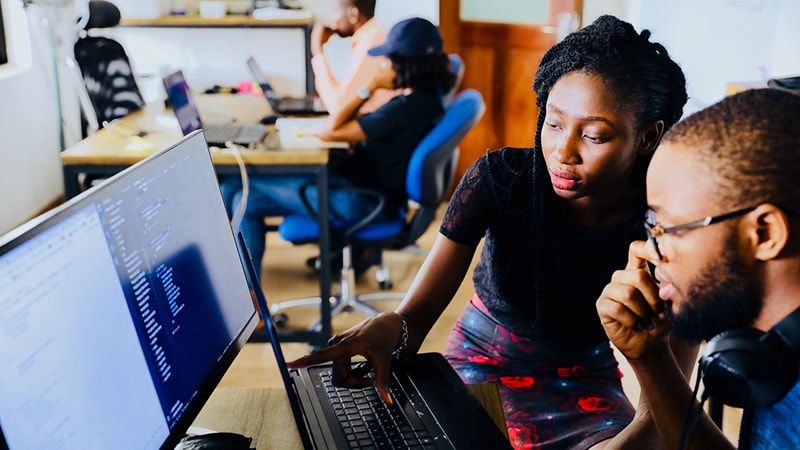
The Global Sustainable Development Summer School and Teaching Materials

Energy system analytics and good governance: U4RIA